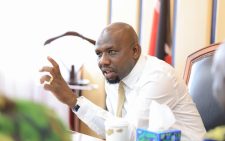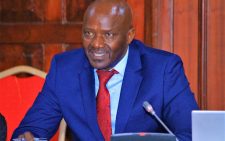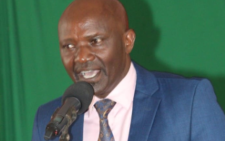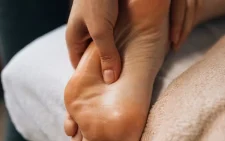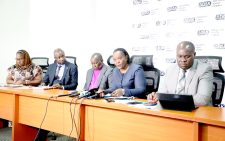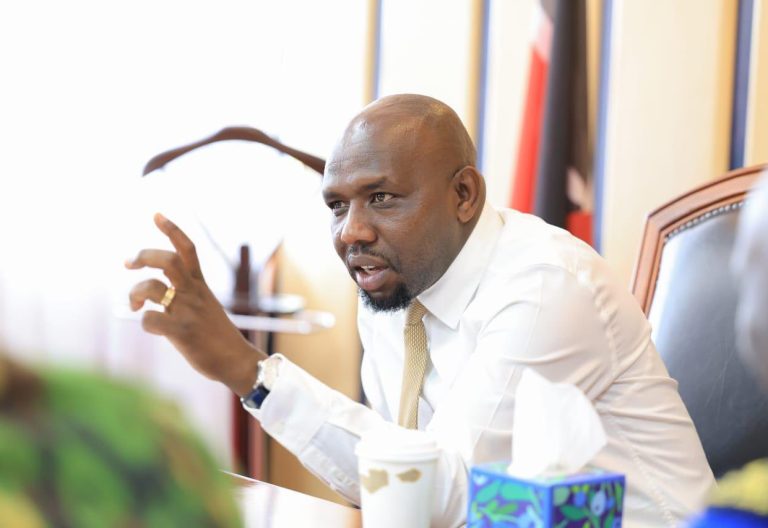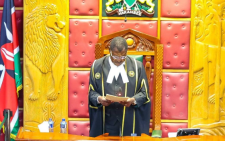TIFA survey says 38% of Kenyans believe Raila will back Ruto’s re-election
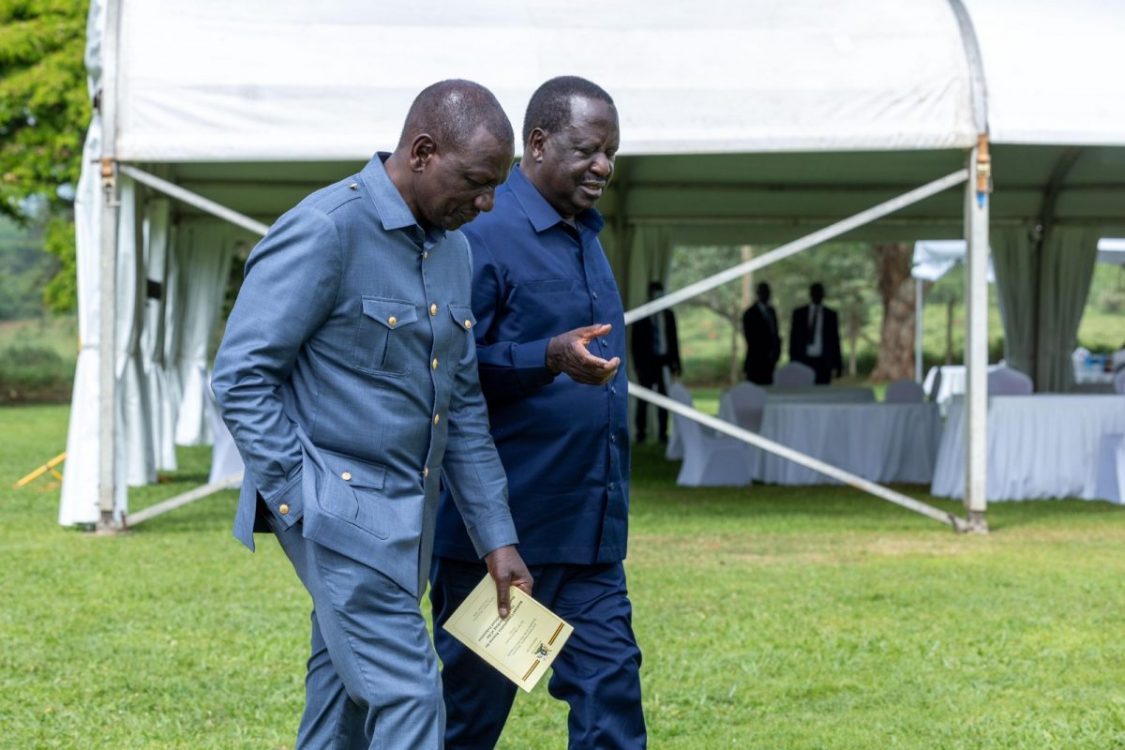
A significant portion of the Kenyan public believes that Orange Democratic Movement [ODM] leader Raila Odinga may shift political gears and support President William Ruto’s re-election bid in 2027.
According to the second release of the National Public Issues Survey by Trends and Insights for Africa (TIFA), 38 per cent of Kenyans expect Raila to back Ruto’s re-election, a view that appears to be strongly shaped by public opinion around the ongoing bipartisan dialogue process, popularly known as the BBG (Bipartisan and Building Bridges Group).
The survey findings point to a clear correlation between support for the BBG and expectations about Raila’s political future.
“Twice as many who support it [BBG] expect that he will back Ruto’s re-election as compared with those who oppose it (38 per cent vs. 18 per cent),” the report stated.
However, the belief that Raila will align with Ruto is far from universal.
Almost half of all respondents (46 per cent) believe that Raila will instead return to his traditional opposition role — whether by running for president himself or by backing an alternative candidate.
“Indeed, even more than one-third of BBG supporters expect that he will have turned his back on the current BBG arrangement by rejoining the Opposition, whether he contests or not (13 per cent + 25 per cent = 38 per cent),” TIFA reported.

These findings highlight the persistent uncertainty surrounding Raila’s next political move, particularly given his long-standing role as a central opposition figure in Kenya’s political landscape.
That uncertainty is further illustrated by the fact that among those who oppose the BBG process, more than half (53 per cent) believe Raila will once again be in the opposition, whether he chooses to contest the presidency or supports another candidate.
“For their part, only slightly more than half of those opposed to the BBG believe he will have rejoined the Opposition by 2027, whether or not he actually contests the presidency yet again (22 per cent + 31 per cent = 53 per cent),” the survey noted.
Broad-based govt support
The survey, which sampled 2,024 respondents across nine regions, also revealed that only 22% of Kenyans support the Broad-Based Government (BBG), the informal alliance between President William Ruto and ODM leader Raila Odinga.
According to it, 54% of respondents oppose the Ruto-Raila coalition, while 25% expressed no opinion.
Support for the BBG was noted to be concentrated in a few regions, with Central Rift leading at 37%, followed by Northern Kenya at 35%, and Nyanza at 25%. Conversely, opposition was strongest in Mt. Kenya (72%) and Lower Eastern (70%), areas politically aligned with former Deputy President Rigathi Gachagua and Wiper leader Kalonzo Musyoka, respectively.
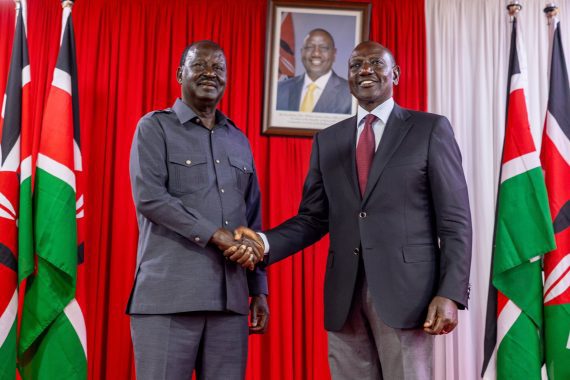
“This data underscores the fragile nature of the alliance,” TIFA noted. “
Even in Nyanza, Raila’s political base, support for the BBG is tepid. Meanwhile, Mount Kenya and Lower Eastern, which heavily backed Ruto and Kalonzo respectively, in 2022, are now BBG skeptics.”
Economic impact factor
The TIFA report further showed that economic hardship is a key driver of opposition to the BBG. Among those who oppose the coalition, 85% reported that their economic situation has worsened since the 2022 election, compared to 52% among BBG supporters.
“While economic decline is not the only factor influencing support, it is a significant one,” the report states.
Only 4% of those whose economic situation improved oppose the BBG, indicating a strong correlation between personal hardship and political sentiment.
